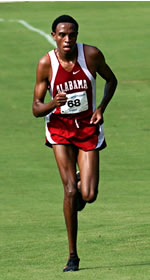
David Kimani Lesson Two. Last week I wrote how my experience with David Kimani humbled me. Today I want to share a second very important experience I had with David during our Thanksgiving together.
After we had had dinner, driven the car and shared lives, Stuart, the white South African, asked me if I noticed the social relationship between the two Kenyans. He shared how hard they had to work to get along. They were from two different tribes and the tribes had a history of hatred between them.
Most of my acquaintances would assume that the strained social relationships would be between the white South African raised under apartheid and the two Black Kenyans. Instead, Stu, who spoke Zulu, was very comfortable around blacks. He and David were like brothers. The relationship between the two blacks was affected by prejudice.
Tribal prejudice, not skin color was the problem in the social relationships of the three guests. My experience was a powerful reinforcement for me of the lesson I learned in my youth at Sim Park years before.
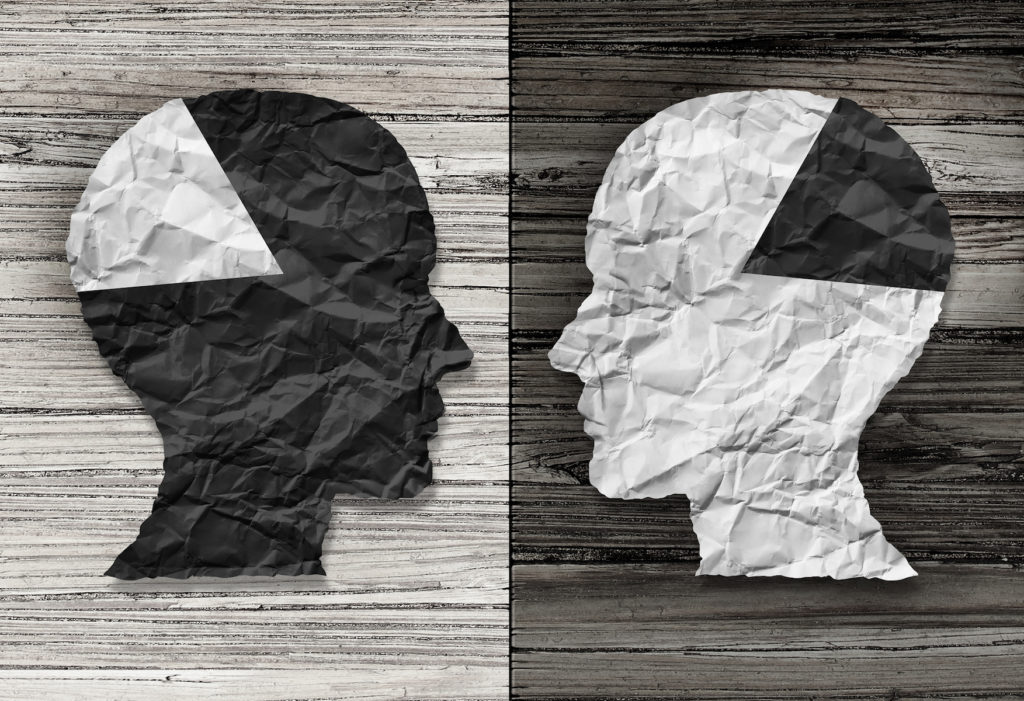
The Important Lesson. I have shared with you previously about my summers serving golfers between the 9th hole and the 10th tee at Sim Park in Wichita. I shared how excited I was to serve another outstanding Black athlete and person, Linwood Sexton. He had been a leader in integrating football in the Midwest and throughout his life was known for his integrity and character. He befriended the skinny white kid serving him at the midway snack shack.
Another member of his foursome was not kind to me. He condescended and demanded. In experiencing the contrasts between the two men, I formed a clear understanding – the matter that truly matters is under the skin.
Our battle is against prejudice. Sometimes prejudice relates to skin color but it can be just as evil or even more destructive in tribal prejudice. In my lifetime, hundreds of thousands of people have died in tribal prejudice conflicts in Africa. As bad as racial prejudice is in America, we have not seen the death of hundreds of thousands in the last 80 years. I believe that is an important fact to remember when I think about prejudice.
Additional examples. Three more recent examples have further reinforced my understanding of the important idea — the matter that truly matters is under the skin. I have shared two of these in earlier blogs.
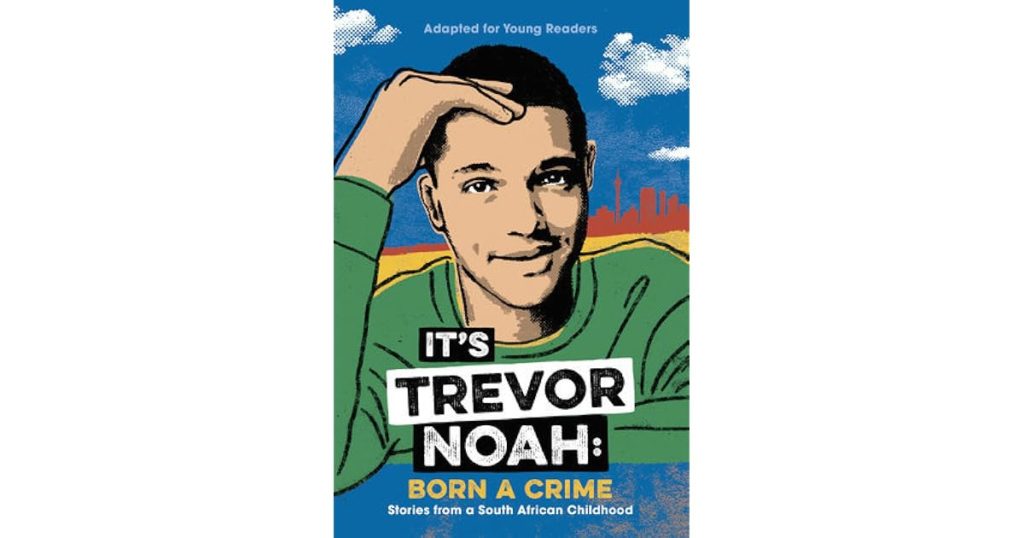
First, a close friend recommended I read Born a Crime by Trevor Noah. In the book he shares how frightened he was when he was taken by members of another tribe. He was a half-white young man living under apartheid in South Africa but his closest call with death was from members of a different tribe. The matter that truly matters is under the skin.
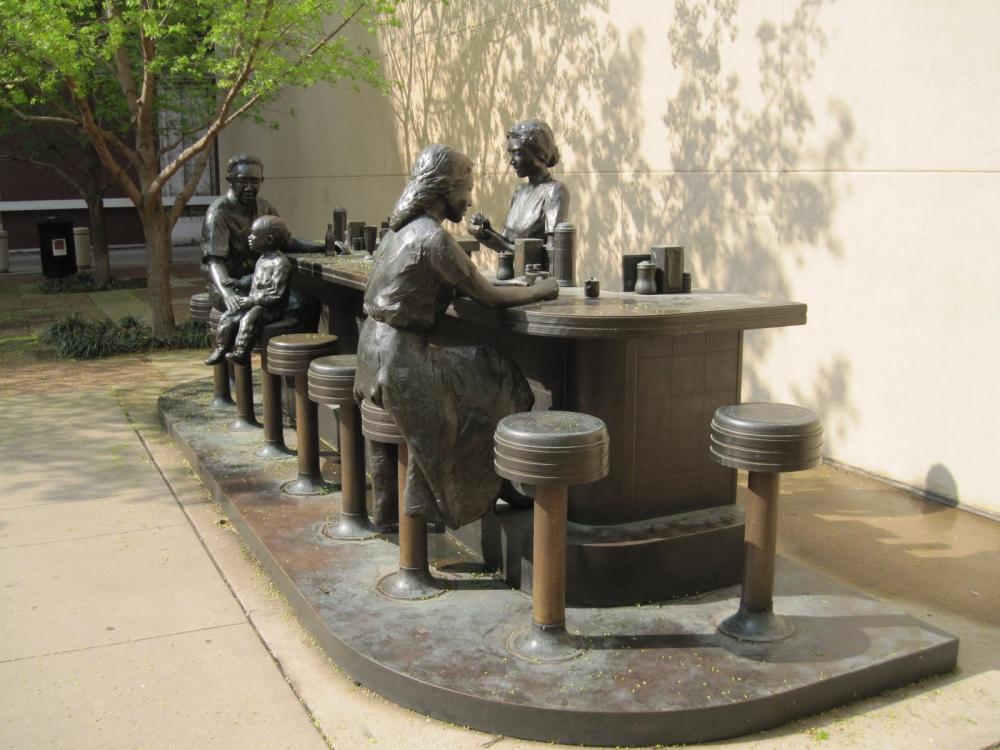
Second, recently Shanielle Jones on the Today show shared a document about Docum drugs in my hometown of Wichita, Kansas. White servers would not serve Blacks at the lunch counter. Several courageous Black students staged one of the first successful sit-ins.
The Docum drug events took place in 1958, the same year I was eagerly serving Blacks two miles west of downtown Wichita. Two servers, both white; one gave service and one refused service. Since skin color was constant — the matter that truly matters is under the skin.
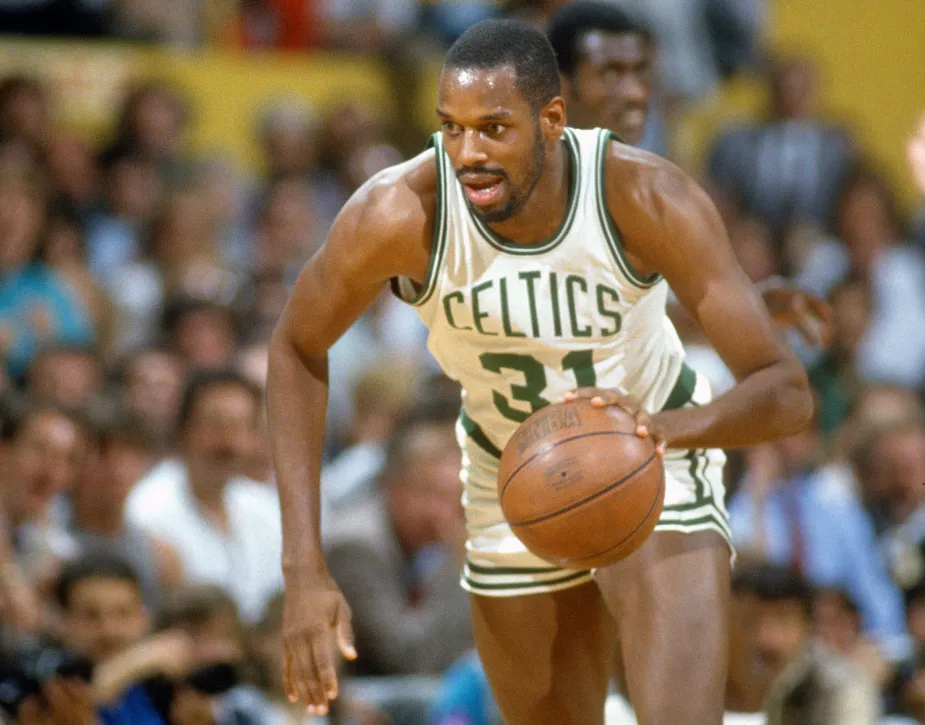
The third example happened this week. In an interview, Cedric Maxwell discussed the Boston Celtic practice when Larry Bird arrived for his first day. Cedric was honest and in his own words talked about the racist behavior of the Black players. They did not believe a white player could play basketball. Of course, Larry was able to show them he could play. Cedrick made it clear that both Blacks and whites can be racist. Again– the matter that truly matters is under the skin.
Cedric’s description of the practice was humorous and reminded me of Nolan Richardson’s Basketball Hall of Fame acceptance speech. Nolan’s first knowledge of Larry Bird was over the radio, He hilariously describes learning Larry was white. It is worth a look:
Personal Word. What my experiences with David Kimani and others have taught me is every human has prejudice. I am human, therefore my first priority is to understand my own prejudice and to work to control it. Then as a person of faith, I am to use my knowledge for the pursuit of justice for everyone.
Good News
Courage
Seattle Resident Awarded Carnegie Medal For Green Lake Rescue (sunnyskyz.com)
Heartwarming
Uber Driver Returns $8,000 To Teen After Leaving It Behind (sunnyskyz.com)
Two Friends Have Surprised Over 400 Nursing Home Residents With Christmas Gifts (sunnyskyz.com)
Peace
Jerry
2 Comments
Deborah simmons · January 9, 2024 at 11:04 pm
I see a correlation between your blog and this week’s lesson in Vanishing Grace; specifically that as Christians we are called to be more like Jesus, which entails giving grace to others to share God’s grace.
Jerry Williams · January 10, 2024 at 8:30 pm
I agree